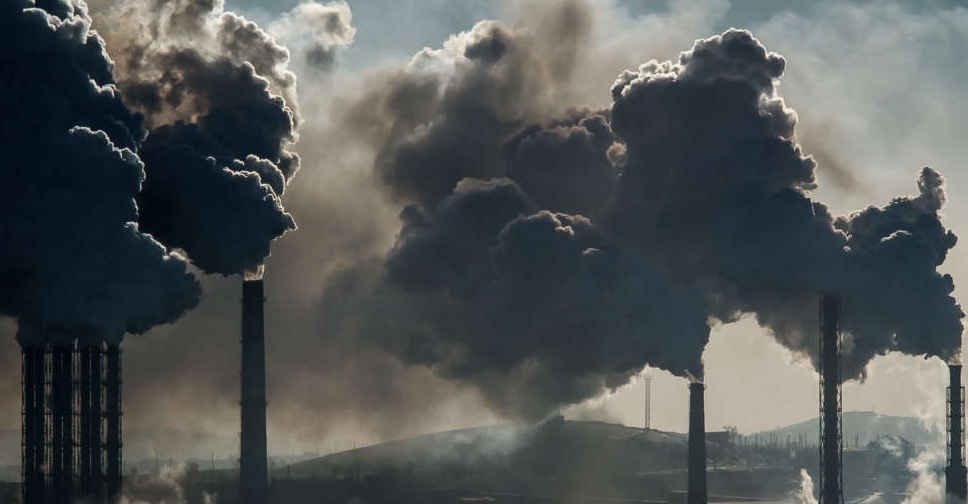G20 per capita CO2 emissions from coal rise 7% from 2015

File Photo
Group of 20 nations have elevated per capita emissions practically 7% from coal-fired energy since 2015, with China and India including new vegetation, and Australia’s CO2 depend per head practically 3 times greater than the world common, analysis confirmed on Tuesday.
As the bloc gathers for a summit in India this week, as many as seven G20 members – China, Brazil, India, Japan, South Korea, South Africa and the United States – haven’t but drawn up plans to part down coal use, in line with surroundings group Ember, which focuses on the worldwide transition to scrub electrical energy.
G20 nations account for 80% of world energy sector emissions, with per capita CO2 from coal energy at 1.6 tons final yr, up from 1.5 tons in 2015 and considerably greater than a world common of 1.1 tons, Ember mentioned.
China, the world’s largest coal client and its largest supply of CO2, noticed per capita emissions attain 3.1 tons in 2022, up 30% from 2015 regardless of the addition of 670 gigawatts (GW) of renewable capability over the interval.
Beijing has pledged to start out lowering coal consumption, however not till its 2026-2030 planning interval. China has continued to develop new coal-fired energy vegetation, with 243 GW of coal-fired energy authorised or below development, sufficient to energy the entire of Germany, in line with a latest research.
India additionally noticed per capita emissions from its coal sector rise 29% over the interval to 0.8 tons.
“China and India are often blamed as the world’s big coal power polluters. But when you take population into account, South Korea and Australia were the worst polluters still in 2022,” mentioned Dave Jones, one of many authors of Ember’s report.
Australia has minimize per capita emissions from coal by greater than 1 / 4 since 2015, however nonetheless stays at greater than 4 tons per head. South Korean emissions have fallen practically 10% to three.3 tons per head, second highest within the G20.
“As mature economies, they should be scaling up renewable electricity ambitiously and confidently enough to enable coal to be phased out by 2030.”
At the final G20 summit in July, nations failed to succeed in an settlement on enhancing their local weather change commitments, with some blaming China for blocking a deal.

Source web site: www.dubai92.com
